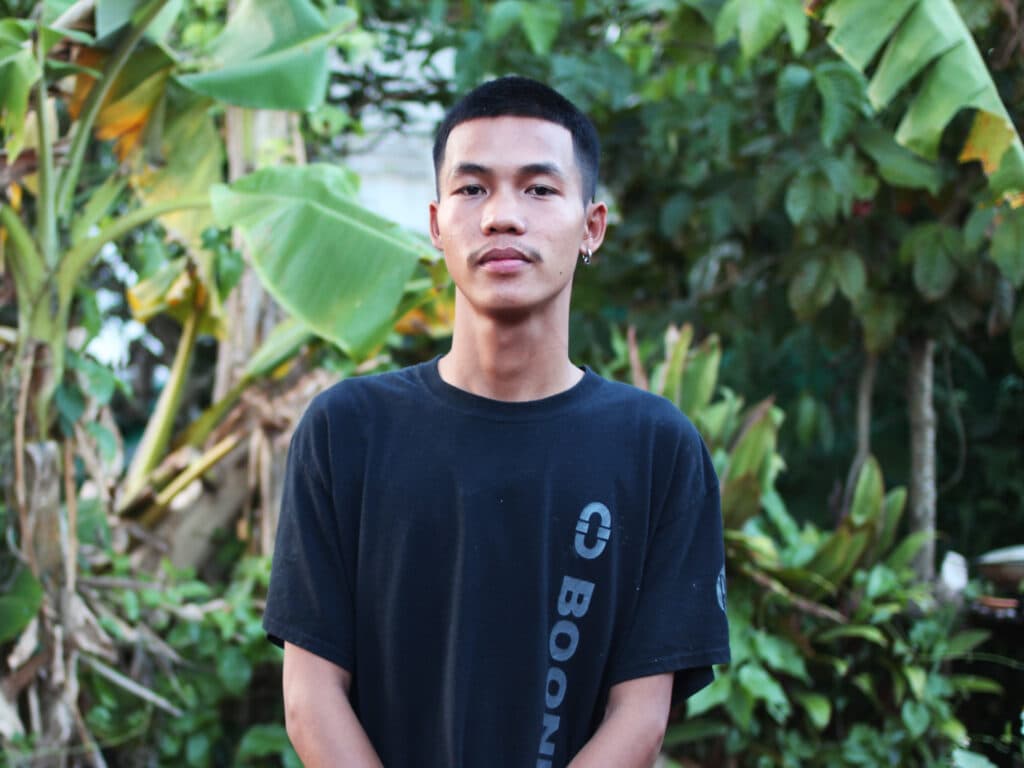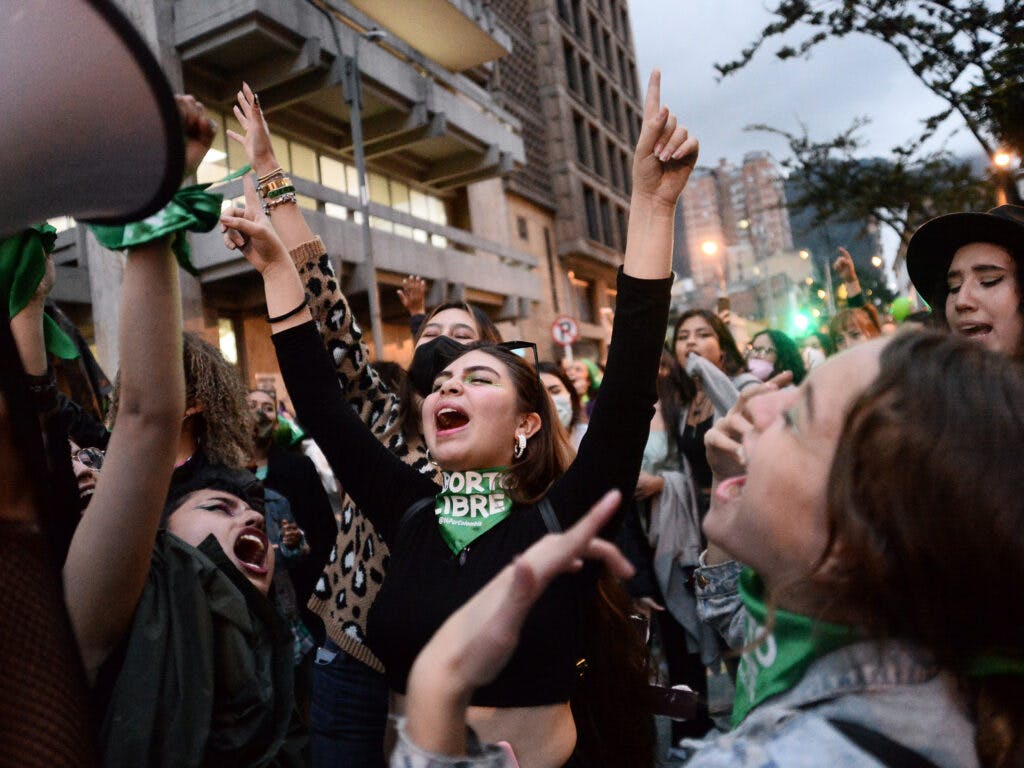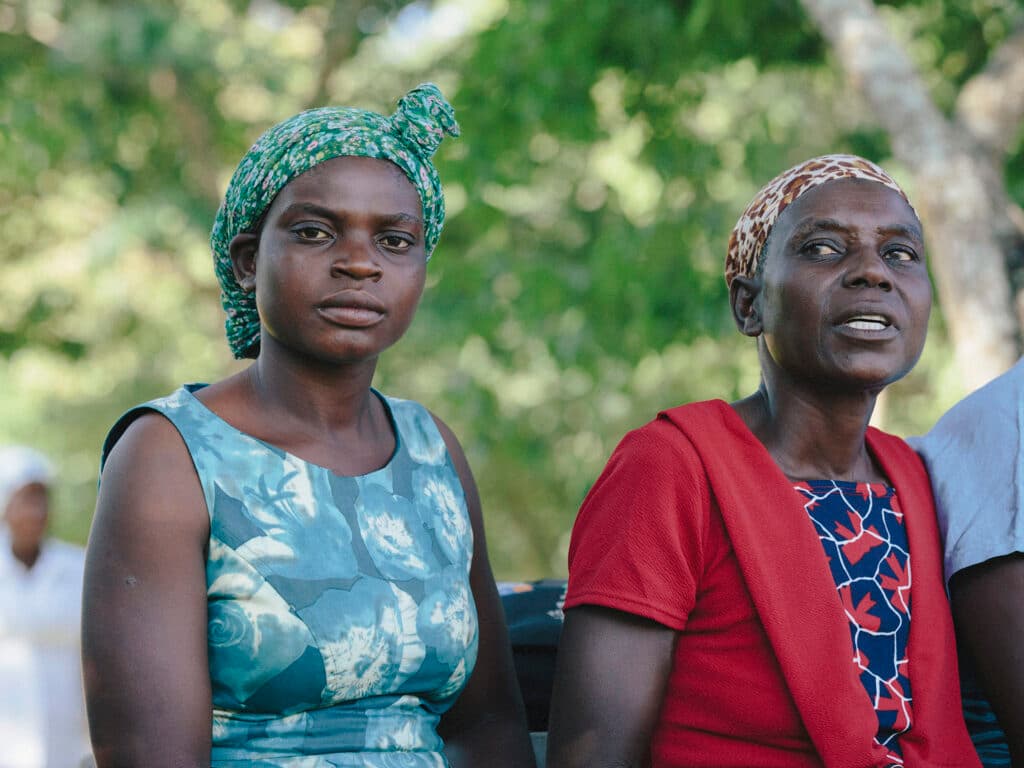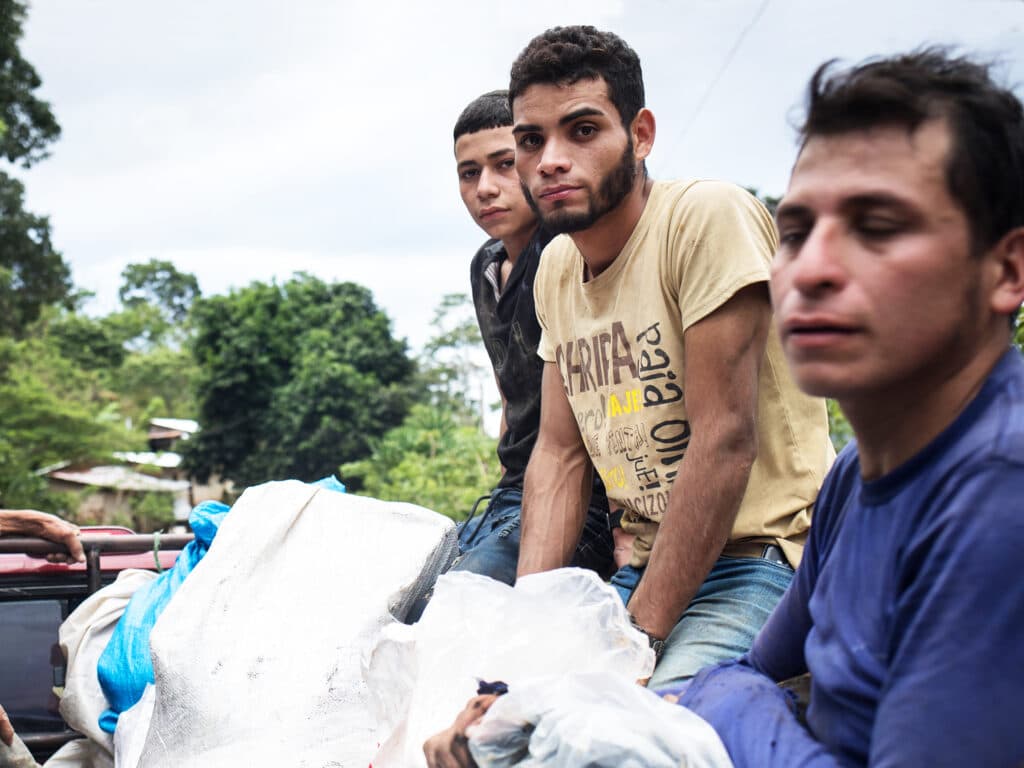
Social and economic justice
A sustainable and equitable world needs an economy that works to achieve this. How can the economic system include and benefit the poor and marginalized and do so within the limits of the environment? For this to happen, we need people, governments and corporations to take decisive action at the global and local level.
Struggle for natural resources
The global population is growing and so is the economy. What does this demand in terms of natural resources? What consequences does it have for those living in poverty and marginalization? Industrial mining, agroindustry, energy generation, infrastructure mega-projects – all can have similar implications, including significant changes in livelihoods, displacement, environmental impact.
Climate justice
Action to adapt to and mitigate global warming is growing. But apart from being effective, how can this action be fair? Fair climate action doesn't set women against men, young against old, or poor against rich – and is effective as well.
Financing development with taxes
Reducing the resource drain from developing countries and promoting domestic resource mobilization are priority issues. Action is needed at different levels, including budget monitoring and curbing capital flight and military spending. This helps free up domestic resources that can be used for poverty eradication and climate justice.
Earning an income for a life in dignity
And while climate change unfolds or mega-corporations ship their products, men and women in poverty are struggling to make ends meet. Organization, capacity development, coaching and international support help the most vulnerable to provide themselves with the livelihoods and the economic resources that would allow them to live a life in dignity.




